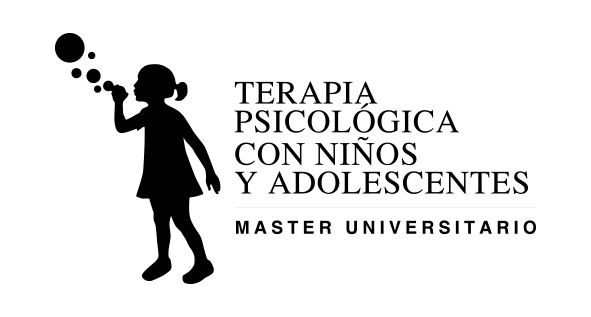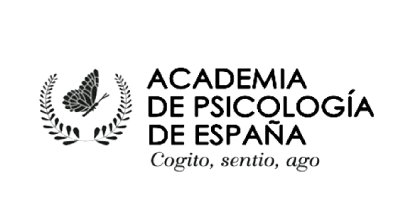Jenniffer K. Miranda M.
University of Chile, Chile
Violence in child and adolescent population and mental health problems: research from a comprehensive perspective
At the international level, statistics consistently reveal that violence affects a significant number of children and adolescents around the world, and there is strong evidence that child and adolescent victimization can have severe and adverse consequences for the overall well-being of victims in the short and long term. At the same time, it is recognized that victimization increases the likelihood that children and adolescents may experience other forms of violence. The findings demonstrate that violence is associated with various physical and mental health problems in children and adolescents, difficulties in the ability to learn and socialize, and can even alter development as functional adults and good parents. In the most severe cases, violence affecting children leads to death. International organizations emphasize that health systems play a fundamental role in the prevention and multisectoral response to violence in children (UNICEF, 2017). The objective of this Symposium is to address the problem of violence affecting children and its impact on mental health, from a comprehensive perspective, integrating different perspectives in the field of research. Four papers are presented that deal with different forms of violence, such as growing up in the context of intimate partner violence, child abuse, polivictimization and dating violence in young people. At the same time, the investigations reveal significant consequences associated with child and youth victimization, such as low self-esteem, depressive symptomatology, suicidal ideation and behaviour. Each of the presentations is added to the efforts made in the field of research to advance in the early detection of those children and adolescents with the greatest risk of developing psychopathological problems, highlighting the need to design pertinent interventions that contribute to overcoming the harmful effects of violence.
Jenniffer K. Miranda is a psychologist, she has a Master’s Degree in Research in Clinical Psychology and a she holds a Doctor’s Degree in Clinical and Health Psychology from the Autonomous University of Barcelona. She is a member of the Department of Psychology, Faculty of Social Sciences of the University of Chile and member of the Academic Committee of the Magister in Psychology, with mention in Clinical Psychology for Children and Adolescents, and coordinator of the Diploma in Evolutionary Psychotherapy with Children and Adolescents from a Constructivist Perspective. She is the teacher responsible for the course “Violence against girls, boys and adolescents: Understanding from a clinical perspective of infant youth”, which is taught in the specialization cycle of the Psychology career. She is also a collaborating teacher in the Diploma in Therapeutic and Preventive Interventions in Sexual Aggression and other postgraduate programs at the University of Chile. She has collaborated with various institutions dedicated to the protection of the rights of young children, participating in training and advisory activities. She has a long career as a clinical psychologist, worked in the Centre for Assistance to Victims of Sexual Attacks (CAVAS) of the Investigative Police of Chile, being one of the founders of the Group Psychotherapy Unit for children who have suffered sexual victimization. Her main research and intervention interests are focused on children and adolescents who have suffered different experiences of victimization, with publications in this area in leading international journals such as Child Abuse & Neglect, Journal of Interpersonal Violence, and Violence against Women. She is currently developing a research project focused on children and adolescents who grow up in the context of gender violence in the couple and the co-occurrence of different types of victimization.













